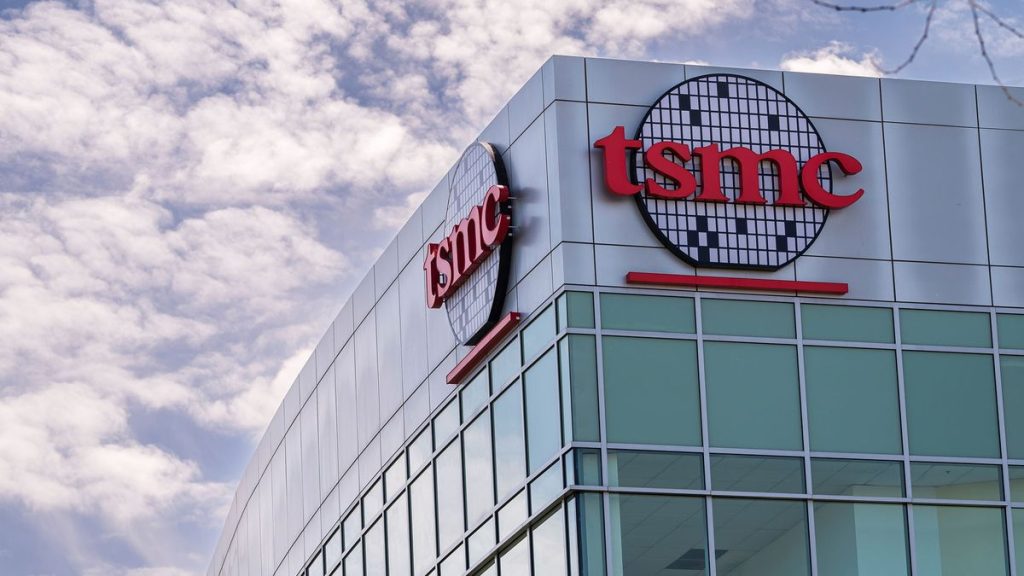The U.S. Commerce Department is reportedly considering imposing a fine of over $1 billion on TSMC due to the company unknowingly supplying a compute chiplet to Huawei for its Ascend 910-series AI processor. This potential fine highlights concerns regarding the unauthorized transactions that took place, as TSMC may have breached export regulations.
Details of the Potential Fine
The proposed $1 billion fine is grounded in export laws allowing penalties that can reach twice the value of unauthorized transactions. At this stage, TSMC has not faced formal charges, but if the Commerce Department proceeds, they typically follow a standard procedure involving a proposed charging letter. This letter outlines the violations, transaction amounts, and calculated fines, after which the company has 30 days to respond. A notable precedent occurred in 2023 when Seagate was fined $300 million for selling hard drives worth $1.1 billion to Huawei.
Background on the Chiplet Incident
An investigation revealed that a chiplet designed for Sophgo, a company associated with Bitmain (a cryptocurrency mining hardware provider), was actually intended for Huawei’s product line. Since mid-2020, Huawei has been on the U.S. Department of Commerce’s Entity List, restricting companies like TSMC from supplying products containing U.S. technology without a special export license.
Impact of the Discovery
Following the revelation about the chiplet’s true destination, TSMC suspended shipments to Sophgo and began collaborating with the Commerce Department to address the issue. Sophgo itself was added to the Entity List in January 2025. However, the exact number of chiplets that TSMC indirectly produced for Huawei remains uncertain.
Determining Chip Design Origins
TSMC often cannot ascertain the original developer or intended user of a chip design it manufactures, which complicates compliance with regulatory requirements. Despite this, certain characteristics of the Ascend 910-series chiplet—such as its complexity and production cost—should have raised red flags given its association with a lesser-known company.
TSMC’s New Caution
The controversy surrounding Sophgo has led TSMC to adopt a more cautious approach in its business dealings. Earlier in 2025, TSMC terminated its contract with PowerAIR, a Singapore-based firm, after discovering potential links to Huawei that could violate U.S. export laws.
Challenges from Huawei’s Tactics
Huawei reportedly employs various third-party entities that present themselves as independent chip designers to acquire chips from reputable manufacturers like TSMC. This strategy has enabled Huawei to obscure the origins of its chip supplies, complicating compliance for companies attempting to adhere to U.S. regulations.

